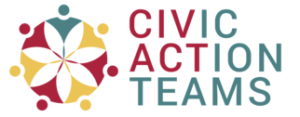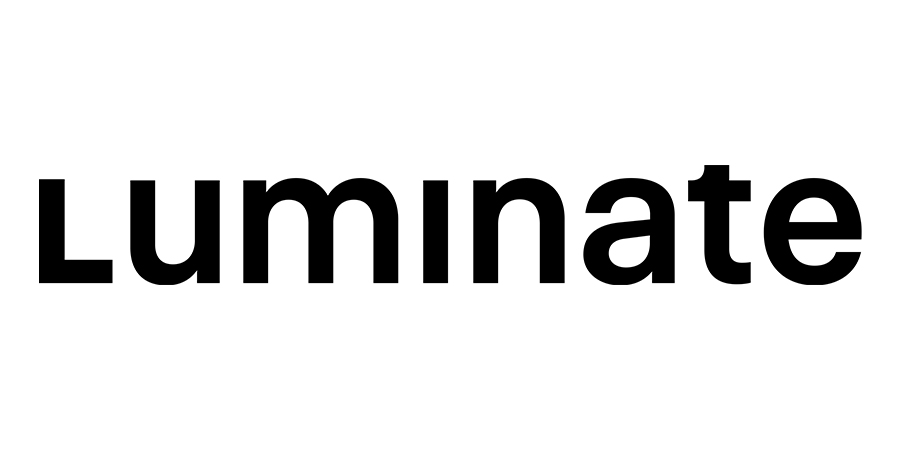
Education in Nepal: Insights from an Unexpected Perspective
Written by: Abhiru Kafle
As I found myself in the city of Pokhara on the morning of June 3, 2023, my colleague Dridhata and I planned a boating trip to Phewa Lake with a group of 3 volunteers from the Accountability Lab Nepal (ALN). As the new Intern, I had the intention of using the beautiful day to get to know the volunteers, gain insights about their involvement with Accountability Lab Nepal, and understand their contributions to the community. However, while we were boating and chatting at the lake, our conversations took an unexpected turn. Their experiences helped me better understand Nepal and the Nepali education systems that I had not quite imagined. Having studied throughout my life in the US, I realized that I was privileged enough to have taken many things for granted that people in Nepal struggle for — education being one of them.
As we embarked on our boat ride, our driver, a father of three in his late fifties named Raj, attentively listened to our awkward introductions. He patiently absorbed our discussions about our academic pursuits, extracurricular activities, and future aspirations. Coincidentally, one of the volunteers, Samjhana, shared an interest in pursuing law, similar to my own aspirations. As we delved into a conversation about law school, LSAT scores, and our class standings, we were surprised to hear the driver chiming in with his thoughts.
Raj, who we had failed to notice was deeply listening to our conversations, took the opportunity during a short silence to open up about his own experiences. He recounted how he had managed to attend primary school in Nepal, but when it was time to continue his education at a higher level, his family couldn’t afford it. “My family knew that school was important, and I had a true desire for learning, but there was just no way we would be able to support ourselves if I continued my education”, shared Raj. Driven by his passion for learning, he even attempted to join the army in hopes of finding a sponsor who could support his education. However, his plans fell through, and he was forced to start working to survive. Despite knowing he had no other option, he still felt regretful for not obtaining a degree. He believes that having a degree would have enabled him to secure an office job, earn more money, provide better support for his family, and offer his own children the opportunities he never had.
Statistics show that currently, 82% of children in Nepal complete lower basic schooling, and 75% complete upper basic school. However, only 27% of children in Nepal manage to complete secondary school. It is not only a matter of whether students can attend school; it is equally important to consider the experience of attending a Nepali school for those fortunate enough to do so, primarily in rural areas.
Tears welled up in his eyes as he spoke about his children now attending school, hoping that they would achieve all their dreams. Despite the physical pain he endured from his laborious work, he expressed his unwavering commitment to working as long and as hard as necessary for his children to complete their education. While his own circumstances may have dated back several years, Volunteer Rakesh Karki, even today, shared that students face struggles trying to achieve a higher education due to a lack of support from educators. “We feel that our educators act superior due to their position rather than stick true to their integrity and help us grow.” I was finally aware of the ongoing challenges faced by students in Nepal when it comes to completing their education – challenges that could be fully addressed in 2023.
As someone who did the majority of her schooling in the United States, I have been provided with overwhelming information about support during my schooling. Volunteer and internship opportunities, as well as training workshops, are emphasized as important in all schools that I have attended. Not only were we provided with the knowledge that these were available, but we also had a designated educator to assist us in applying for these positions. However, more than that, I was provided with support and encouragement from those around me to pursue topics in school as well as extracurriculars.
Overall, my boating trip on Phewa Lake not only expanded my understanding of Nepal and its education systems but also instilled a sense of responsibility to advocate for equitable access to education worldwide. Engaging in conversation with Raj, as well as the volunteers, shed light on the harsh realities faced by many Nepali individuals when it comes to education. These stories will forever serve as a reminder of the transformative power of education and the importance of working toward a future where every child has the opportunity to fulfill their potential.





